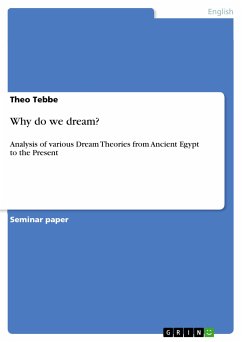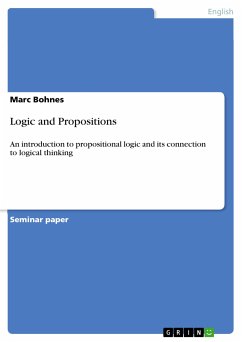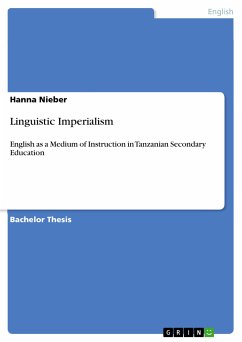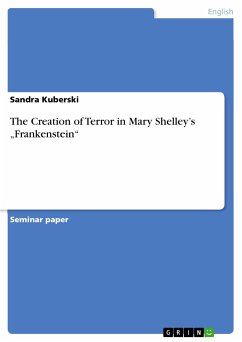Seminar paper from the year 2010 in the subject English Language and Literature Studies - Other, grade: 1.3, University of Potsdam (Institut für Anglistik/Amerikanistik), course: Representing Elizabeth I., language: English, abstract: When Shekhar Kapur is asked why he, as an Indian, made a film about Queen Elizabeth I, one of the most important rulers of England, the answer – as ever so often – might be that it was in his destiny. To make a film about culture that is so different from one’s own background requires a great deal of sensitivity. Yet history always depends on the interpretation of given facts and personal ideas always play a role in an interpretation. This could be one reason why Kapur’s Elizabeth and his interpretation of the queen’s development into the icon she is perceived as today, raised many voices of praise as well as criticism. Elizabeth was an immediate success when it went on screen in 1998. Since then the film has been nominated for several awards and the ones that it received mostly valued the achievements of the director, the make-up artists and Cate Blanchett, who played the role of Elizabeth I. Critics argued that the film “plays fast and loose with historical fact“ and the romance between Elizabeth and Robert Dudley is interpreted as reinforcement of “the idea of [Elizabeth] as a very weak and flighty character who often showed terrible judgment.” The aim of this paper is to show that the development that Kapur’s Elizabeth goes through in the film is a preparation for the transition that takes places in the end. Relying on that, I would argue that the criticism about the mismatch of film and history in Kapur's Elizabeth is inappropriate. To evaluate the validity of this thesis, relevant statements of the director and other persons that were involved in the making of the film shall be taken into consideration. Also the presentation of Elizabeth’s development in the film as such, especially concerning costumes and make-up, will be analysed. In the following the factors that Kapur suggest as reasons for Elizabeth’s change shall be examined and the director’s understanding of the concept surrounding the term ‘virginity’ will be clarified. Finally the results of this attempt to understand Kapur’s aims and his understanding of the development of the icon Elizabeth I. will be summarized in the conclusion.









